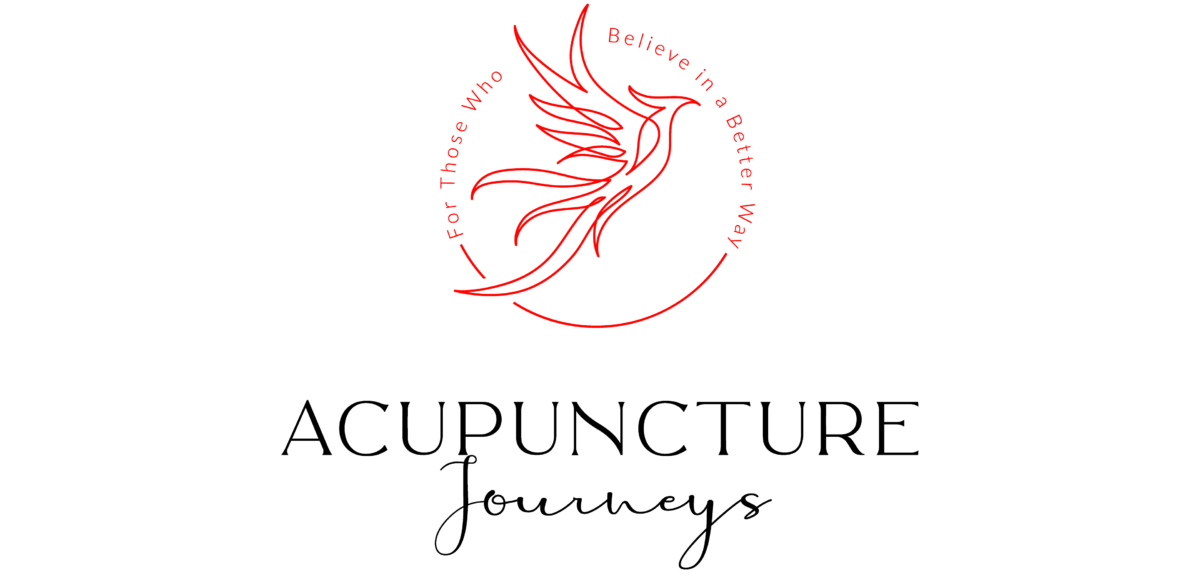Wishing you all joy, peace and abundance this Thanksgiving!!
Gratitude unlocks the fullness of life. It turns what we have into enough, and more. It turns denial into acceptance, chaos to order, confusion to clarity. It can turn a meal into a feast, a house into a home, a stranger into a friend. . . . Gratitude makes sense of our past, brings peace for today, and creates a vision for tomorrow.
The Study of Gratitude
It now appears that some psychologists have arrived at the same conclusion. Being mindfully grateful for our blessings and expressing gratitude has a strong correlation with increasing our personal happiness and well-being. For example, Dr. Robert Emmons, a professor at the University of California, Davis, and one of the leading scholars in the scientific study of gratitude, said the following:
It is possible that psychology has ignored gratitude because it appears, on the surface, to be a very obvious emotion, lacking in interesting complications: we receive a gift—from friends, from family, from God—and then we feel pleasurably grateful. But while the emotion seemed simplistic even to me as I began my research, I soon discovered that gratitude is a deeper, more complex phenomenon that plays a critical role in human happiness. Gratitude is literally one of the few things that can measurably change people’s lives.
Dr. Emmons and his colleagues found scientific proof that people who practice gratitude through activities such as keeping a gratitude journal are more loving, forgiving, and optimistic about the future. They exercise more frequently, report fewer illnesses, and generally feel better about their lives.
For example, in a ten-week study Dr. Emmons randomly assigned participants into one of three groups. One group of participants was encouraged to briefly record five things they were grateful for each week; a second group was asked to describe five hassles or negative events that had happened to them each week; and the third group was simply asked to list five events, but they were not told to emphasize the positive or the negative. Before each participant wrote about their blessings or hassles, they completed a daily journal in which they rated their moods, their physical health, and their overall well-being. The moods they rated included feelings like distress, excitement, sadness, stress, and happiness, while their physical health included ratings such as headaches, sore muscles, stomach pain, nausea, coughing, sore throat, and poor appetite. The participants also rated how they felt about their lives, selecting from descriptions ranging from terrible to delighted.
The results of the ten-week study are impressive for the gratitude group. The gratitude participants felt better about their lives and were more optimistic about the future than people in the other two groups. The gratitude group also reported fewer health concerns, like headaches, and spent significantly more time exercising than people in the other two groups. According to the scale Dr. Emmons used to calculate well-being, the people in the gratitude group were a full 25 percent happier than the participants in the hassles or neutral groups.
In subsequent studies Dr. Emmons also reported that people who regularly kept a gratitude journal and were in the habit of recognizing and expressing gratitude for their blessings reported feeling closer and more connected to people, had better relationships, were more likely to help others, felt less lonely, felt less depressed, slept better, and were more pleasant to be around.
Another psychologist, Dr. Jeffrey Froh, summarized the practice of gratitude in this way:
As gratitude involves wanting what one has rather than having what one wants, instilling a sense of gratitude may help people appreciate the gifts of the moment and experience freedom from past regrets and future anxieties.
Indeed, over the past decade there has been a growing body of scientific literature linking the practice of consistent or “chronic” gratitude with a host of positive outcomes for our lives. Said one researcher, “The practice of gratitude is incompatible with negative emotions and may actually diminish or deter such feelings as anger, bitterness, and greed.” It is little wonder, then, that both ancient and modern philosophers recognized the value of gratitude—from the Roman philosopher Cicero, who stated that gratitude is “not only the greatest of virtues, but the parent of all the others” to David Steindl-Rast, a Benedictine monk who penned these beautiful words: “The root of joy is gratefulness. . . . It is not joy that makes us grateful; it is gratitude that makes us joyful.”
Studies have shown that focusing on the negative in times of adversity—using derogatory or critical words as we talk to ourselves or others—can darken our mood and, much like a virus, infect the moods of those we interact with. Consciously choosing to fill our minds with thoughts of our blessings and feeling appreciation for those blessings can change the way we feel and brighten our spirits during difficult times. Even spending a few minutes thinking about our blessings—even numbering them—can add a little sunshine and encouragement to our lives. It’s so simple, yet so powerful.
Increasing Our Gratitude
What, then, are some of the ways we can recognize our blessings, increase our thankfulness, and practice gratitude?
- Try Keeping a Gratitude Journal
Think of three to five blessings you have experienced throughout the day or the week and record them in a gratitude journal. Look for blessings from the mundane to the magnificent.
- Add More Thank-Yous to Your Vocabulary
Saying “thank you” to someone brightens your day by affirming your positive feelings. It also lifts the spirits of those who are deserving of your thankfulness.
- Take Time to Write Thank-You Notes and Letters of Appreciation to People Who Have Blessed Your Life
John Kralik, an attorney with a struggling law practice and personal family problems, determined to reverse the cycle of negative thinking through writing and sending one thank-you note each day of the year—365 thank-you notes in total. His note-writing endeavor taught him a valuable lesson: blessings can be easily overlooked unless we are consciously thinking about them each day. To that end, note writing helps us identify, remember, and express our blessings.
- Live in the Present Moment and Try to Give Thanks for Small Blessings Encountered Every Day of Your Life
As busy people, it is easy to get caught up in the tomorrow: next week’s assignments, next week’s project, bills due next Tuesday, the upcoming holidays. And while it’s healthy to plan and prepare for future events, if you are too consumed with the tomorrows, there is a chance that you will miss something small and wonderful that is happening to you in the present moment. David Steindl-Rast posed this question: “Are we thankful or are we grateful? . . . Could it be that the mystic gratefulness in the depth of every human heart sings with ‘a still, small voice,’ and is easily drowned out by the noise we endure and the noise we make?” Sometimes living in the future can produce just enough noise to miss the still, small voice of gratitude we could find in the present moment.
- Thoughtful Prayer
Prayer awakens our grateful heart. Forgetfulness is an obstacle to being grateful while “awareness is a precondition” to having a grateful heart. Our personal prayers provide us with sacred time to ponder our blessings and express gratitude.
Gratitude is a heavenly, spiritual gift and a spiritual force in our lives. May we have hearts that can feel, ears that can hear, and eyes that can see our blessings and live in continual gratitude toward those around us.

